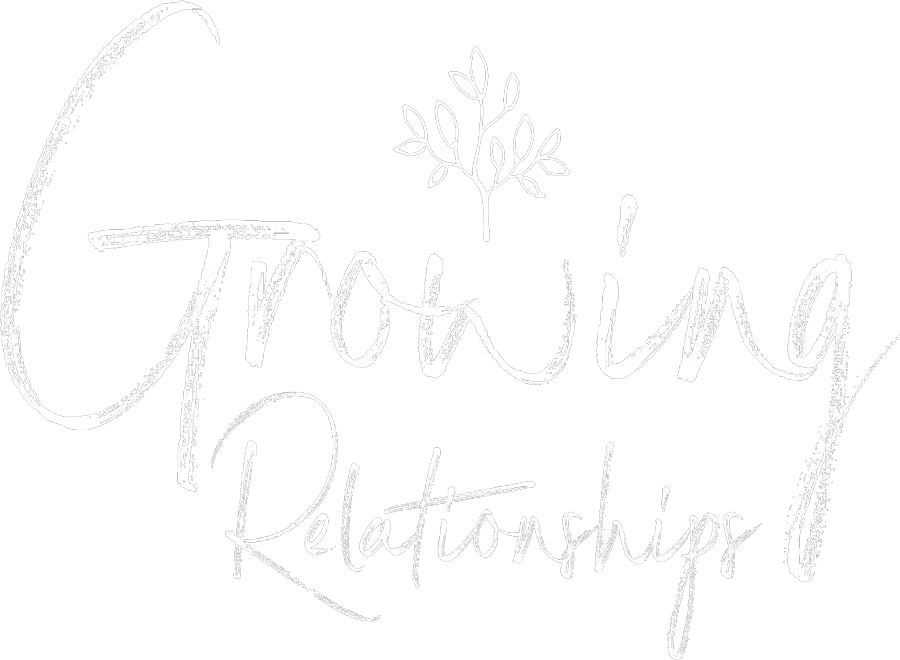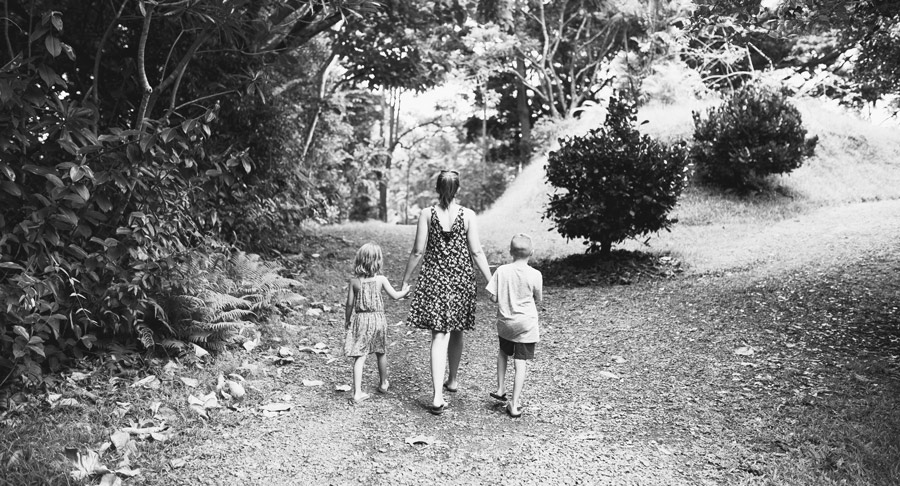


First, we must understand some of the characteristics our children must learn if we want them to live boldly. In general, people who are bold are typically unafraid, have discernment, and exhibit confidence. While these are common traits, the degree to which a child manifests each one will vary. The way we accomplish developing boldness will vary from one child to another, but it is necessary to instill each of these character qualities in them throughout their childhood.
If you have more than one child, you know they are all different. They might be from the same family, but that is about all they have in common. For example, you have one risk taker who is willing to take on the world and another who is afraid to speak to anyone. What I have learned, having worked with children for decades, is their personalities and temperaments are not a determiner of their abilities to be bold or not. However, it is an indicator that you will need to teach them differently for them to gain the confidence they need when they enter adulthood.
So how? How do we develop boldness in our children? While the list is extensive, we will focus on three areas that are foundational.
The simplest way to define boldness is the willingness to take risks and act with courage and confidence. In addition to studying how others showed boldness, it is also important to remember they are watching you. Yes, you are their case study, for lack of a better term.
A parent’s ability to model boldness is linked to how children learn. Are we living boldly or afraid? Do we stand up for what is right, or do we sit in silence? Do they see us wrestle with knowing what to do and when to take action? Children learn by observation, and because you are the primary influence in your children’s lives, you get to show them how to be bold. Perhaps you have heard the phrase, more is caught than taught. It is also true of learning how to be bold. We can teach them how, but watching it lived out provides real-life lessons they can’t ignore.
When my kids were teens, they used to get so embarrassed if I spoke up. They would roll their eyes, act like they did not know me, and tell me not to say anything. At the time I did not appreciate what they were doing, but now I get to watch them live out being bold in their lives. I often hear them say or do the same things I did. Sometimes I say something, but most of the time I do not. Boldness can take years for them to develop, so be patient as they figure it out.
I have children who are risk-takers and those who are more cautious. Some of my kids are bolder than others. As you observe your children, I encourage you to pay attention to the words they say and how they handle issues with their siblings or friends. It doesn’t take long before you start to see patterns of behavior when faced with being courageous or decisive. When you do see areas of struggle, write them down so you don’t forget. Then start praying for them. Be specific. Ask the Lord to help you discover opportunities for them to practice. As they improve, give them praise. There is nothing like hearing your words of affirmation. It encourages them to try again.
As parents, we are well served to remember that our child’s decisions are rarely immutable; there is almost always a way of escape should the need arise. Therefore, teaching a child how to get out of a situation with honor and grace is critical to landing in a better place. The child who needs to process benefits from a gentle reminder that they can always change gears and do something else.
My daughter is an introvert. As a child, she hid behind me when people tried to talk to her. Getting her to respond took great effort on my part. She was fine talking one-on-one but talking to strangers, no way. After years of raising her I realized something; her boldness manifests itself on the soccer field and basketball court, not in large groups. It was not necessary for her to carry on a conversation for boldness to be seen in her life. Her soccer and basketball skills earned the respect of her teammates, which resulted in a leadership role. In a society that is driven by social norms, your child has an opportunity to model boldness for their peers in a variety of ways. As an adult my daughter is still on the shy side, but though shy, she has developed a confidence in who she is that translates into boldness. Boldness in her faith, in sports, and in life. This can be true of your child, too.
Depending on the ages of your children, you have years to help them learn that boldness is developed over time. Learning to be confident, courageous, and decisive will help them learn to be bold. And the good news is as we model boldness and avoid labels, we get to help equip them to become bolder, knowing it is a process. Your faithfulness and intentionality will yield rich rewards in the lives of your children.

